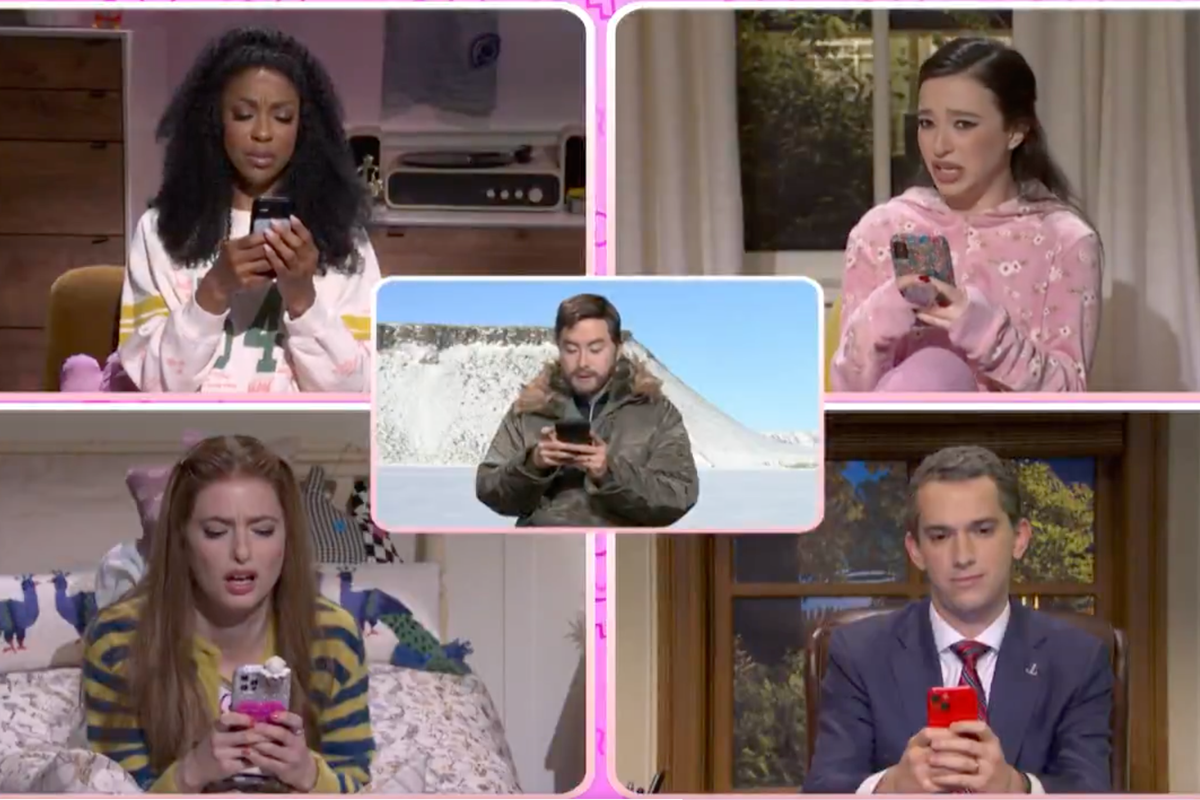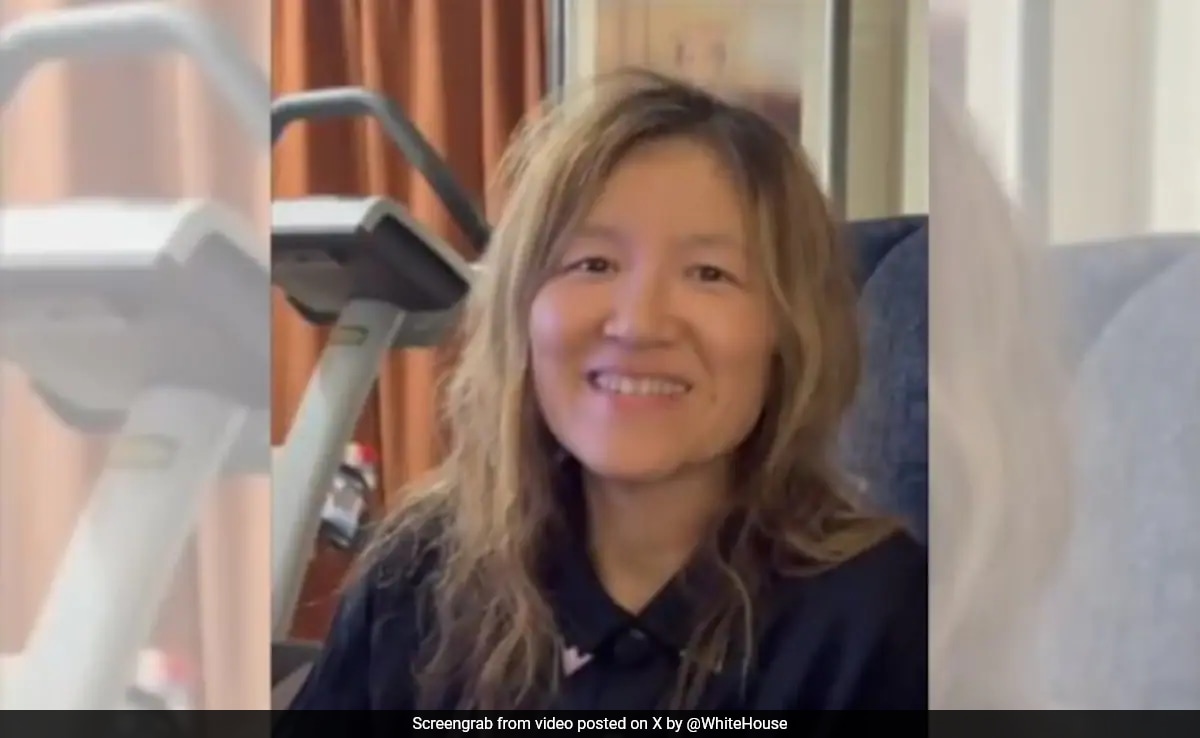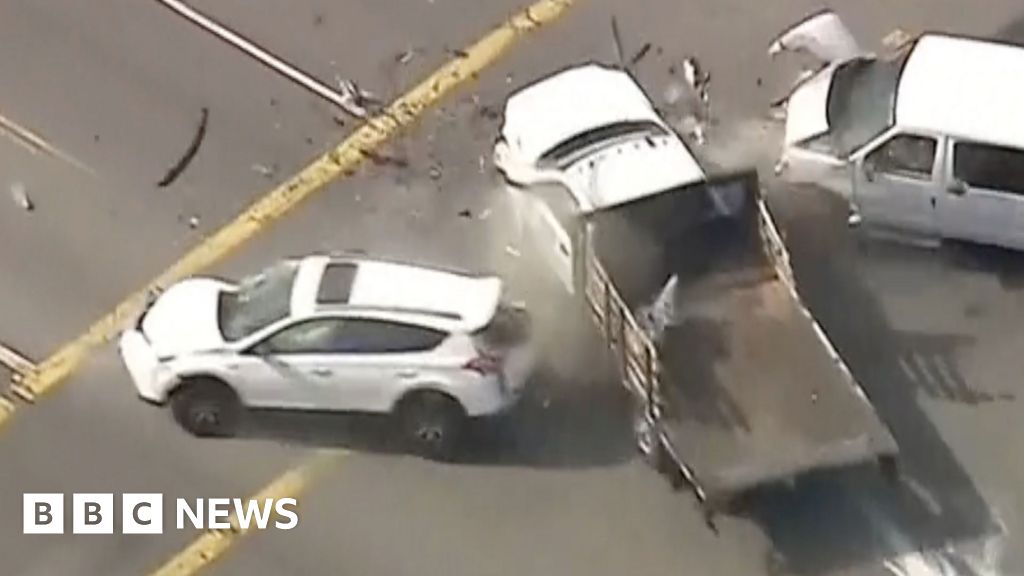The ongoing conflict in the Democratic Republic of Congo (DRC)has reached a critical juncture. It follows the recent withdrawal of Angola as a key mediator and the emergence of a newly expanded international mediation team. Angolan President João Lourenço, who had been leading mediation efforts, recently announced his withdrawal, citing his focus on his rotating presidency of the African Union (AU).
However, the Angolan presidency clarified that Lourenço has not abandoned the peace process entirely. Instead, he seeks to facilitate the selection of a new lead mediator, who will be supported by the Southern African Development Community (SADC) and the East African Community (EAC).
"Angola recognizes the need to free itself from the responsibility of mediating this conflict in order to more comprehensively focus on the general priorities established by the continental organization," the presidency said in a statement.
 Angola tried on several occasions to broker peace between the DRC, Rwanda and the M23 rebels without much successImage: JORGE NSIMBA/AFP
Angola tried on several occasions to broker peace between the DRC, Rwanda and the M23 rebels without much successImage: JORGE NSIMBA/AFPFrustration fuels pessimism
Angola's decision to halt mediation comes amidst mounting frustration over the stalled eastern Congo peace process.
A key setback was the cancellation of planned talks in Luanda on March 18, when the M23 rebel group pulled out in protest against EU sanctions.
Simultaneously, a surprise meeting brokered by Qatar between DRC President Felix Tshisekedi and President Paul Kagame of Rwanda yielded a joint statement calling for an "immediate and unconditional" ceasefire, yet failed to halt the violence.
"The negotiations had been aborted 'due to a combination of factors, including some external elements unrelated to the ongoing African process,'" the Angolan presidency said, alluding to the Qatar meeting.
Ako John Ako, a political analyst from Cameroon, expressed skepticism over the potential for lasting peace, citing the DRC's tumultuous history and the persistent influence of external forces.
"Africans and the world at large should know that the crisis in Congo is as old as that particular country. From the time Patrice Lumumba was assassinated, the interests of the Europeans and many other Western nations decided to tear that nation apart," Ako told DW.
He argues that the DRC's vast mineral wealth has made it a battleground for competing international interests, with Rwanda playing a key role.
"The Rwandan government under Kagame has been very instrumental for many nations of the European Union and even American interests," Ako said, adding that any negotiation with Rwanda must address the "fading" Rwandan economy, heavily reliant on the conflict.
7 reasons why eastern DR Congo remains stuck in conflict
The quest for new momentum
The situation has prompted the SADC and EAC to expand their mediation team, appointing five former heads of state, including Nigeria's Olusegun Obasanjo, South Africa's Kgalema Motlanthe, and Ethiopia's Sahle-Work Zewde. This expansion, aimed at "gender, regional and language inclusivity," is part of a renewed push for a political solution.
However, challenges remain. Congolese political analyst Bob Kabamba expresses concern about the clarity of the mandate for the new mediation team and its funding.
"Firstly, the roles of this mediation have not been clearly defined," Kabamba told DW, adding that no one knows what the mediation will do."The division of responsibilities is unclear. The issue of funding is also significant. Angola has spent a lot, and I don't see any other country willing to step up and finance the mediation."
The eastern Congo conflict's complexity, rooted in the aftermath of the 1994 Rwandan genocide and competition for mineral resources, is an additional complication to mediation efforts. Ghana's policy and security analyst, Fidele Amakye Owusu, told DW the intricate web of actors involved is a significant challenge.
A complex conflict
"The DRC conflict is a very complex one. It involves so many powerful individuals, so many powerful groups and institutions, and powerful countries, such as regional actors and international actors. This is because the country has abundant resources," he said.
Furthermore, he states that DRC's geographical position is another challenge.
"The country shares borders with nine other countries, which means the country is huge enough and whatever happens there affects other countries. All these coming together make it very complicated," Owusu said.
Owusu also highlighted the ethnic dimensions of the conflict, particularly the Hutu-Tutsi dynamics, which pose significant challenges for mediators.
"Now, with that, it means that any mediator will find it difficult to really create a balance or work at a very fine line in this maze," he added. "And when the mediator over time does not see results, he or she will get frustrated."
Why Congo's Tshisekedi wants peace talks with M23 rebels
A cycle of broken promises
The involvement of external actors, including Uganda and Rwanda, which denies accusations of supporting the M23 militia, is an additional challenge to mediation efforts. Owusu argues that any viable solution must include these regional players.
"Rwanda and Uganda are the major countries that have influence on the rebels, and it means that they must be involved fully," he said. "The roles that Rwanda and Uganda play should be fully recognized and consequently they should be engaged in looking for solutions."
Ako, however, expresses deep skepticism about the sincerity of Rwanda's participation in talks, pointing to past failures.
"Talking is to find a way that others may think should be peaceful, but with such peace, peace for the interest of the Congolese, or still to satisfy those who are at the war front. And so, when you look at it, honestly, it might just be like throwing water on a duck's back," Ako said.
 Analysts say Rwanda and Uganda must be involved for any peace to be achieved in the DRCImage: Arsene Mpiana/Michele Spatari/Ludovic Marin/AFP/Getty Images
Analysts say Rwanda and Uganda must be involved for any peace to be achieved in the DRCImage: Arsene Mpiana/Michele Spatari/Ludovic Marin/AFP/Getty ImagesQatar's role and interest in Rwanda
The recent meeting in Doha, brokered by Qatar, has raised questions about its impact on the existing mediation efforts. Owusu suggests that Qatar's economic interests in Rwanda could incentivize them to pressure Kagame towards a resolution.
"Qatar has some economic interest in Rwanda. It is a military economic facility, and it owns about fifty percent of that facility," he told DW. "With that, Qatar will not want to ruin that investment. So, Qatar will definitely rein in on Paul Kagame to find solutions."
Meanwhile, the Congolese Defense Minister Guy Kabombo Muadiamvita has begun a visit to South Africa to strengthen bilateral defense cooperation. This comes not long after heavy losses suffered by South African troops deployed with the SADC mission. Ako warns of the destabilizing effect of the conflict on neighboring countries.
"Burundi and many other neighbors, including Angola, they are going to harbor some of these refugees," Ako said. "What becomes of those people? How do we take care of them and equally know that there is the United Nations Refugee Commission? How do they take care of those people out of their country?" he wondered.
Edited by: Chrispin Mwakideu

 3 days ago
9
3 days ago
9









